China and the Arctic – “a public area, just like the moon?
Now who could come up with a statement like that? It has to come from a country showing a growing interest in the region although it has no Arctic territory. The Chinese premier Wen Jiabao is coming to Europe tomorrow and the Arctic is to be a key focus of his trip. He’ll be spending eight days visiting Iceland, Sweden, Poland and Germany.
There are two main reasons for the Chinese interest: energy, and shipping routes. China is the world’s biggest consumer of energy and greatly interested in the resources becoming more easily accessible through climate change. The retreat of the sea ice is also opening up new routes for shipping in summer, which could cut the sea voyage between Shanghai and northern Europe by around 6,400 km. So there are difficult times ahead for those who want to protect the sensitive Arctic environment and wildlife from increasing traffic and risky exploration for oil, gas and minerals. I wrote about this some time ago, and it’s certainly going to keep coming up:
Arctic Regions Eye Nation’s Potential
Penguin census from space
Scientists are using satellite mapping technology to count penguins in Antarctica. The latest results have shown that there are actually twice as many emperor penguins there as previously thought. Isn’t it nice when you hear some good news for a change?
The information provides a more accurate basis for researchers to monitor how environmental change is affecting the penguins. Satellite photography is proving to be a great way of keeping track of the penguins because their black and white feathers stand out against the snow, so the colonies are clearly visible on satellite imagery.
![]() read more
read more
Titanic, Icebergs and a Warming Arctic
There’s a lot of media hype surrounding the 100th anniversary of the loss of the Titanic on April 15th 2012. It started so early, I was beginning to get tired of it – until I came across an article in the Vancouver Sun focussing on the fact that icebergs are still a danger in our high-tech age and that danger could increase rather than decrease as you might think at first, as the Arctic ice melts.
![]() read more
read more
NASA scientist for carbon tax to tackle “moral issue”of climate change
Spending a few days in Scotland over Easter, I was interested to read that the NASA climate scientist James Hansen is to be awarded the prestigious Edinburgh Medal for his contribution to science. The Guardian quotes Hansen, 70-year-old director of NASA’s Goddard Institute for Space Studies and one of the longest-standing experts on climate change, as saying “averting the worst consequences of human-induced climate change is a great moral issue on a par with slavery”.
![]() read more
read more
Antarctic research with zero emissions
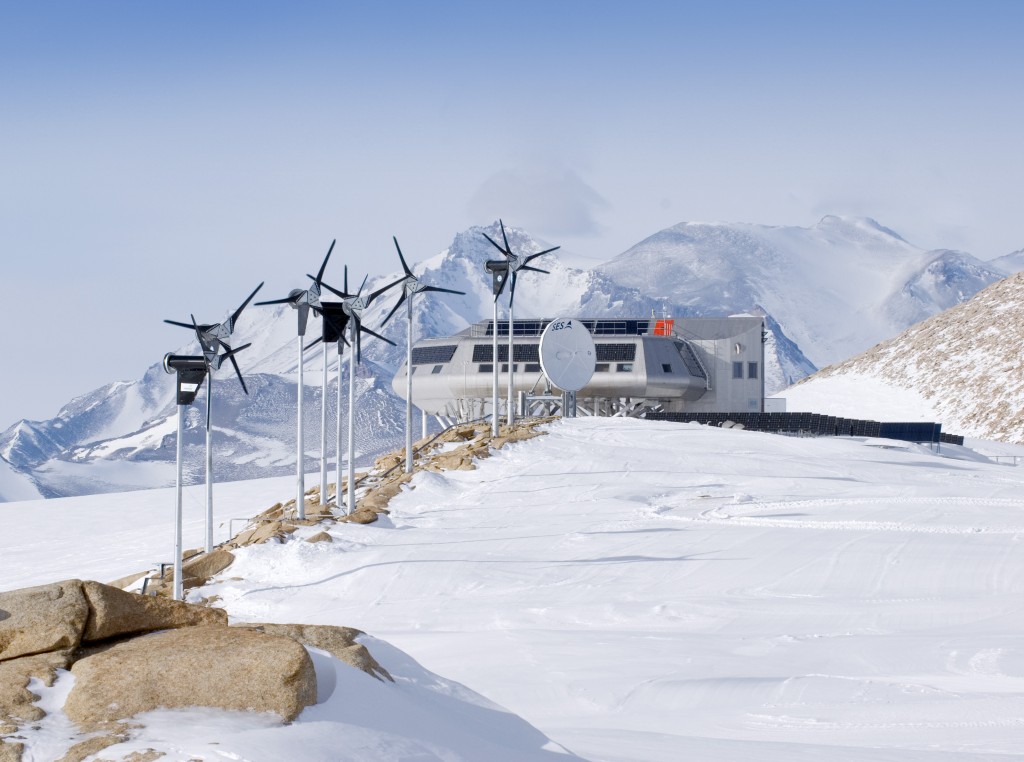
Turbines to make the best of the Antarctic winds. Photo by René Robert, International Polar Foundation
If there’s one place that definitely isn’t connected to the electricity grid and can benefit from using renewable energies, it’s got to be the Antarctic. Belgium, a country that might not be the first to come to mind when you think of polar research, has its own station, the “Princess Elisabeth Antarctica” station, and it is a “zero emissions” station. The summer research season has just come to an end, and the station says it was one of its most ambitious yet.
![]() read more
read more



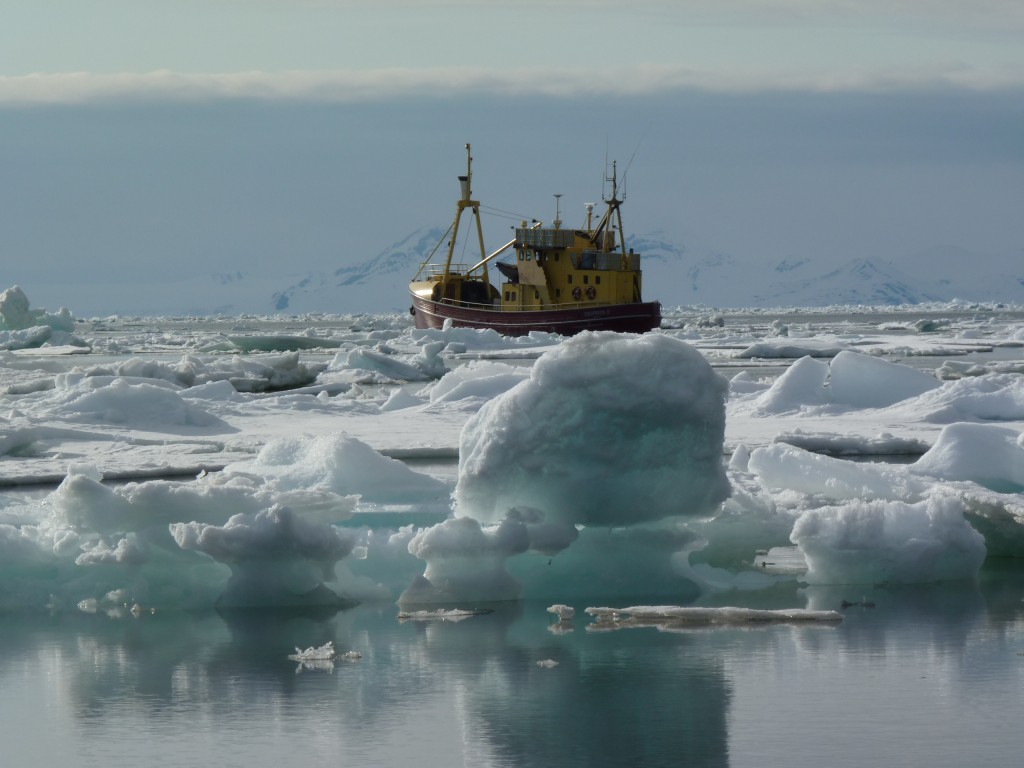

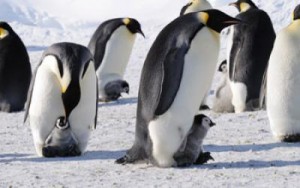
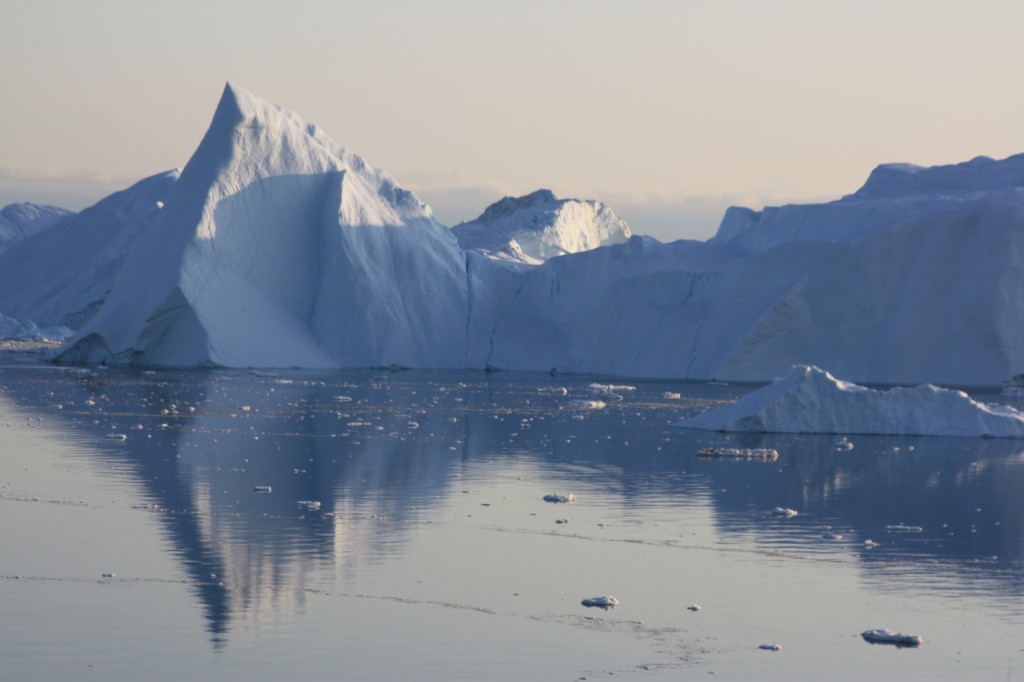
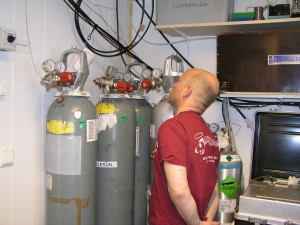
















Feedback